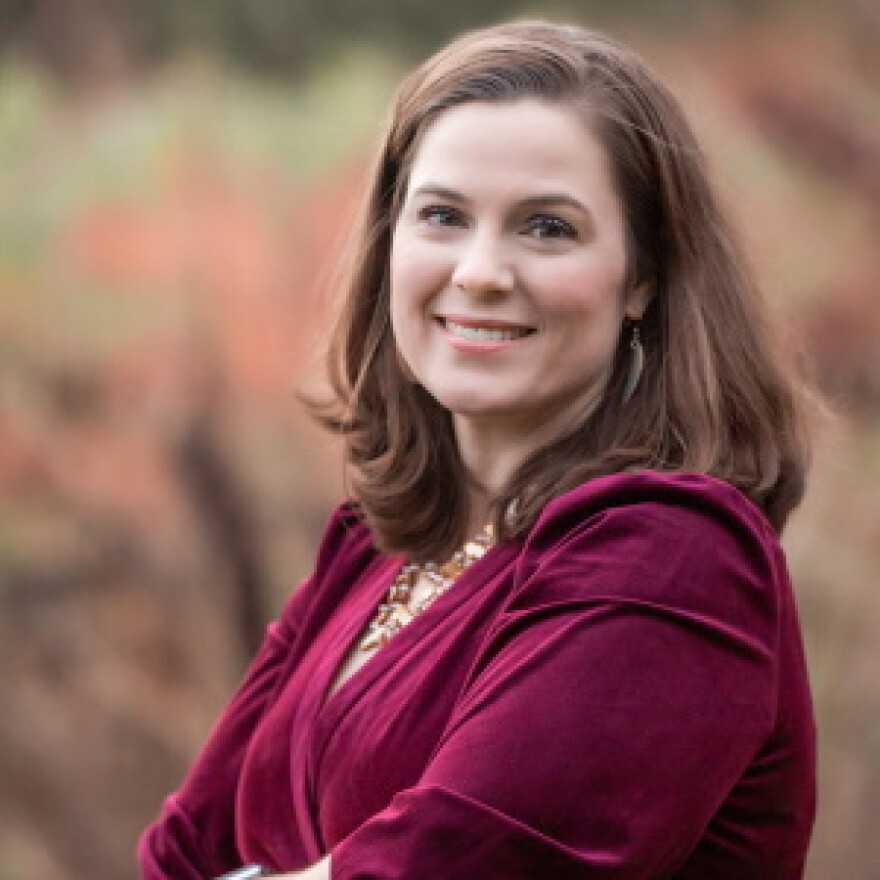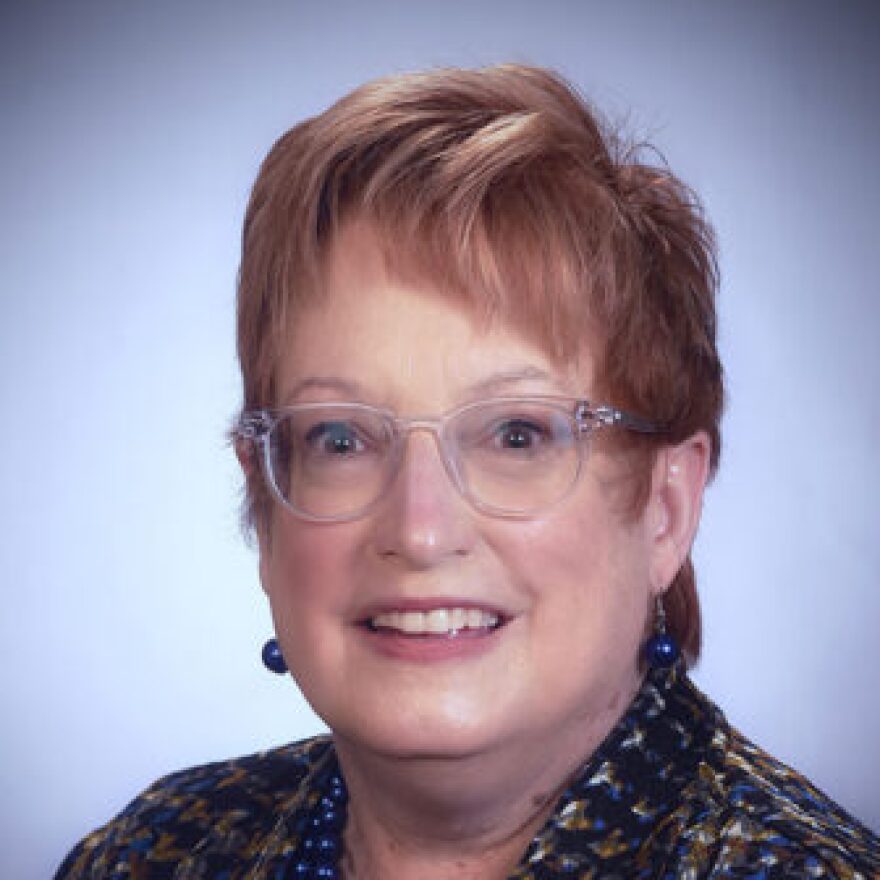Doctor Stacy J. Taylor routinely asks her patients about safe gun storage at home.
“I had someone say they put it in their bedside table and it is loaded,” said Taylor, a family practitioner with Trinity Health New England. “So, I said, ‘Maybe that’s not a great idea. If you don’t have a safe, at least keep the gun in one place and the bullets in another.’” Her patient promised to consider making a change.
Questions about safe gun storage don’t pop up at every annual physical or well visit. Studies suggest that only a quarter of family physicians regularly discuss gun safety with their patients.
Despite having some of the strictest gun control laws in the country, Connecticut is enduring high levels of gun violence, with more than 60 deaths in the first six months of 2022.
Across the nation, with more than 300 mass shootings this year, gun fatalities remain a leading cause of premature death. In 2020, 45,222 people in the U.S. died of gun-related injuries, with suicides accounting for more than half of those deaths, the Centers for Disease Control and Prevention reports.
A new study by two University of Connecticut researchers aims to find out why doctors aren’t routinely addressing this serious public health problem.
“We looked at why they don’t include firearm security or safety conversations as part of what we call anticipatory guidance,” said Jennifer Necci Dineen, an associate professor in residence at the School of Public Policy at the University of Connecticut, referring to when doctors ask about things like cancer screenings and whether a patient uses a seatbelt.
Study Seeks Ways To Reduce Gun Violence
Dineen and co-researcher Kerri Raissian, an associate professor, did a qualitative survey of 18 family physicians in 18 states, including Connecticut. Most physicians surveyed did not ask about gun safety as a primary question but were apt to bring it up if another answer prompted the inquiry.
“So, if I screen in for depression, for example, they may ask me if we have guns in our house,” Dineen said. “If I express concern about my partner or, let’s say, one of my children is violent, and I talk to my physician about that, they may ask me if I have guns in the house. But they rarely will bring that up proactively.”
The research is part of UConn’s ARMS Center (Advancing Research, Methods, and Scholarship for Gun Injury Prevention), which connects scholars, advocates, and policymakers in seeking ways to reduce all forms of gun violence.
The researchers selected nine states that have laws regarding gun storage in the home and nine that do not, aiming to determine whether the legal and political framework of the state influenced the physicians’ decisions. In Connecticut, Ethan’s Law on safe gun storage was passed in 2019. The legislation is named for 15-year-old Ethan Song from Guilford, who died from an accidental shooting in a neighbor’s home where there were unsecured firearms.
Doctors’ broaching the topic of guns has been a political minefield in the past. In 2011, Florida passed a law that forbade physicians from asking about firearm ownership. After a series of appeals, a 2017 ruling found that the statute infringed on doctors’ First Amendment rights.
Florida is not the only state to attempt so-called “gag” laws. Similar, though less restrictive, laws have been passed in Minnesota, Montana and Missouri.
But to the researchers’ surprise, the political climate of the physicians’ home state didn’t seem to be the deciding factor. And doctors’ comfort level with the topic was only part of the picture. Instead, the most significant barrier turned out to be time.
“While we had suspected that a lot of it had to do with comfort or political context,” Dineen said, “what we’re hearing is it has more to do with time pressure and the fact that there’s more to talk about now than there ever was before.”
Add to that time pressure the fact that many conversations at wellness appointments are guided by a form provided by the doctor’s electronic medical record system.
“These electronic medical records are prepackaged and purchased,” Dineen said. “They tend to come with a standard set of items. Some of those items are driven by what’s covered by insurance in many cases.”

Dineen and Raissian are at the early stages of their research. They are writing a paper on their 18-state survey and hope to get funding to expand their research to include pediatricians and OB-GYNs.
They hope their research will inform how electronic medical records are compiled so that gun safety questions become a routine part of wellness appointments.
Gun Safety Taught To Medical Students
Dr. Adam Weinstein, associate professor of medical sciences and pediatrics at Quinnipiac’s Netter School of Medicine, says all medical students should be introduced to the idea of asking about safe gun storage as part of their training.
“We introduce this in September of the first year of medical school in a session where we introduce them to health maintenance visits for children and adults,” he said. “Gun safety is introduced as one part of this more comprehensive whole with regards to health promotion and disease prevention.”
Most students will also see the principle in practice as they observe health maintenance visits with a preceptor who is a family medicine practitioner and then again in their third year as they participate on the care team.
“It’s a truly experiential learning,” he said, “though the experience is not specific to gun safety and storage counseling. Rather it’s done in the context of and part of the full comprehensive health maintenance visit.”

Taylor, who, in addition to being a family physician, is a member of the board of directors of the Connecticut State Medical Society, agrees that the question is also one of training.
“I do have students in my practice, and I teach them how to ask that question before they go in and ask it for the very first time,” she said. “If you just say to someone, ‘Do you own guns?’ that comes across as confrontational.”
Taylor said the better question is: If you own a gun, is it stored safely? “You are implying that you care about the storage, not the gun ownership,” she said.
“It’s a fine line between the patient perceiving you’re challenging them versus helping them.”

